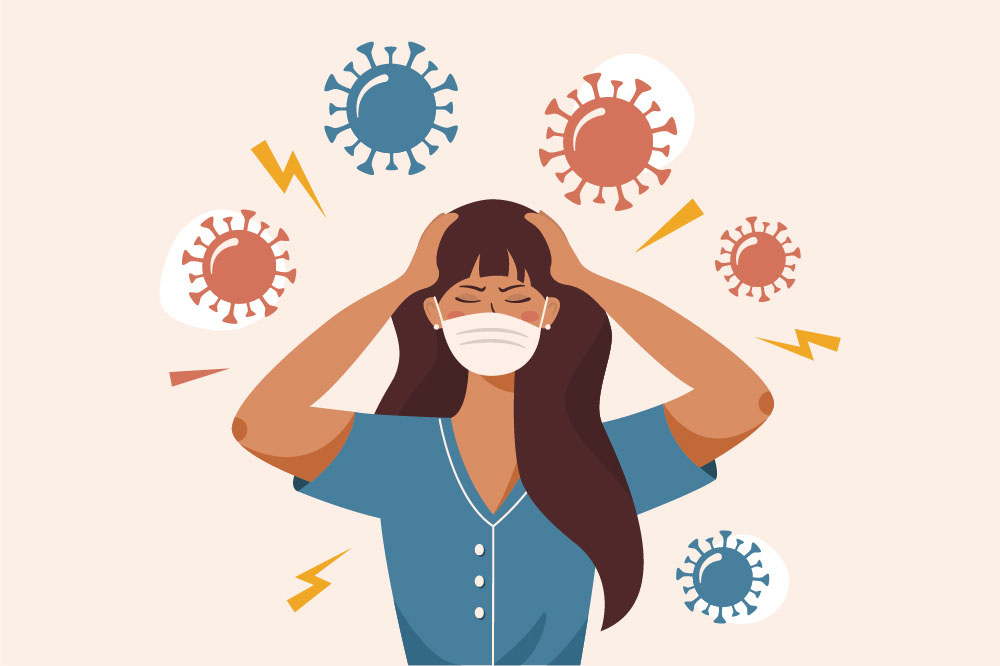How is Corona virus different from Nipah virus?
Kerala has recently grappled with a concerning outbreak of Nipah virus, with four confirmed cases and two unfortunate fatalities, according…
“Fatigue was found to occur independent of admission to hospital, affecting both groups equally,” Townsend explained.

Representation image
Persistent fatigue occurs in more than half of patients recovered from Covid-19, regardless of the seriousness of their infection shown in a major study conducted by the researchers.
The study author Liam Townsend from St James’s Hospital in Ireland said, “While the presenting features of SARS-CoV-2 infection have been well-characterized, the medium and long-term consequences of infection remain unexplored.”
Advertisement
The research team used a commonly-used scale to determine fatigue in recovered patients for the study, called the Chalder Fatigue Score (CFQ-11).
Advertisement
They also looked at the severity of the patient’s initial infection (need for admission, and critical/intensive care), and also their pre-existing conditions, including depression.
They also looked at various markers of immune activation (white cell counts, C-reactive protein, Interluekin-6, and sCD25).
The study included 128 participants (mean age 50 years; 54 percent female) who were recruited consecutively at a median of 10 weeks following clinical recovery from SARS-CoV-2 infection.
More than half reported persistent fatigue (52.3 percent; 67/128) at this point.
The researchers offered an outpatient appointment to anyone who had a Covid-19 positive swab test in their laboratory at St James Hospital.
Of the patients assessed in this study, 71/128 (55.5 percent) were admitted to the hospital and 57/128 (44.5 percent) were not.
“Fatigue was found to occur independent of admission to hospital, affecting both groups equally,” Townsend explained.
Advertisement